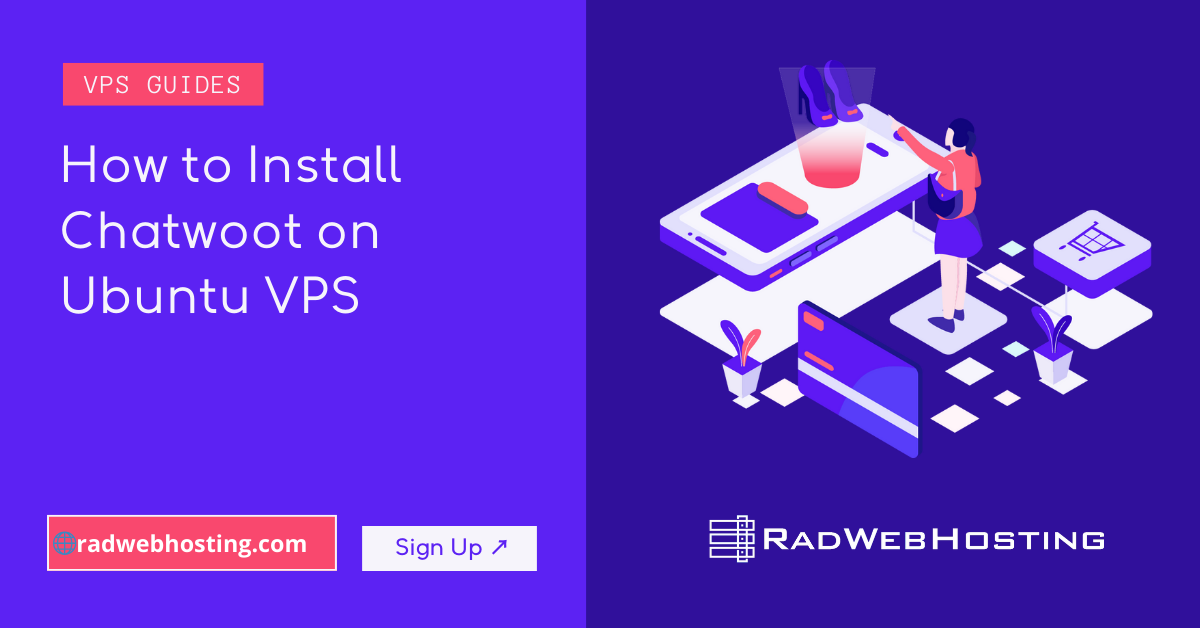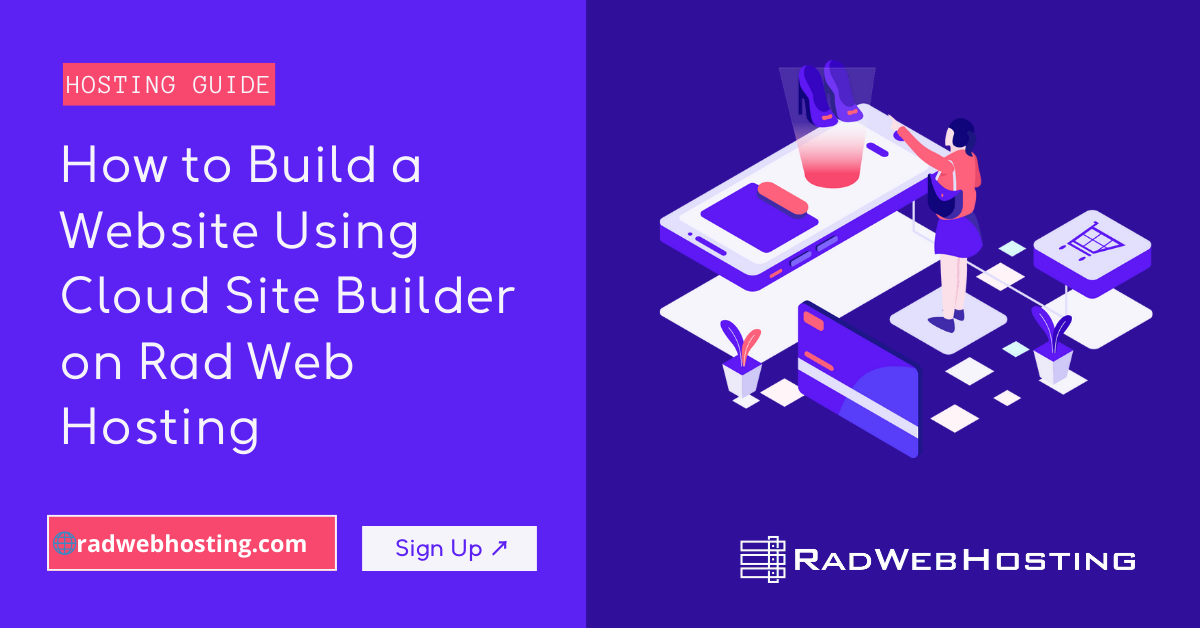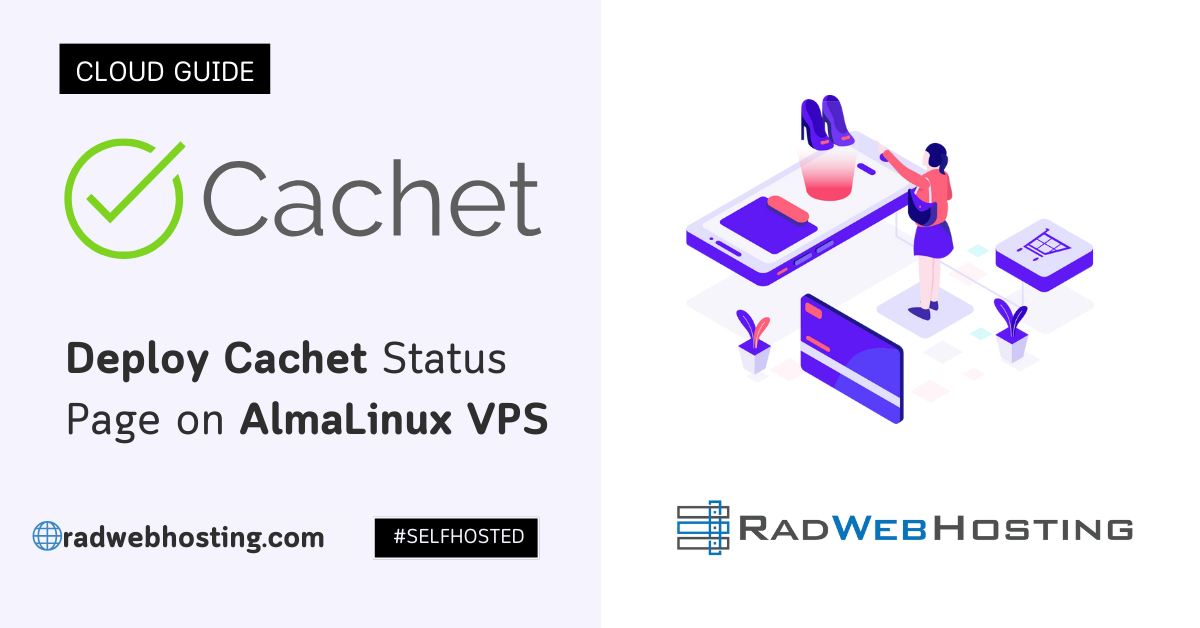This article provides a guide to understanding Cloud VPS Servers.
Introduction
Discover the game-changing benefits of cloud VPS servers that will revolutionize your web hosting experience.
In today’s technology-driven world, cloud VPS servers have emerged as the driving force behind exceptional web hosting solutions. Let’s explore what they are and uncover their significant impact.

Understanding Cloud VPS Servers
In the evolving landscape of digital hosting solutions, Cloud Virtual Private Servers (VPS) have emerged as a pivotal technology, reshaping the way businesses deploy and manage their online presence.
The progression from dedicated servers to shared hosting, and subsequently to virtual private servers, has set the stage for the advent of Cloud VPS. This technology amalgamates the scalability of cloud computing with the control and flexibility of traditional VPS, catering to the increasing demands for efficiency and performance in digital operations.
The significance of Cloud VPS in modern digital ecosystems is underscored by its ability to offer scalable, resilient, and cost-efficient hosting solutions, marking a paradigm shift in hosting technologies.
What is a Cloud VPS Server?
Cloud Virtual Private Server (Cloud VPS) is a type of hosting environment that utilizes virtualization technology to provide private resources on a server with multiple users. It’s a segment of a larger physical server that is partitioned into several virtual ones, each functioning as an independent server environment.
Unlike traditional VPS that is tethered to a single physical server, Cloud VPS spreads its resources across a vast network of interconnected physical machines. This architecture enhances the redundancy, scalability, and flexibility of the hosting environment.
The distinction between traditional VPS and Cloud VPS lies in their foundational architecture. Traditional VPS operates on a single physical server, limiting scalability and resilience. Conversely, Cloud VPS leverages a network of servers, ensuring higher uptime, dynamic scalability, and a more robust disaster recovery strategy.
Core components of a Cloud VPS Server include:
- Virtualization Layer: The software that creates and manages virtual machines on the host hardware, often facilitated by a hypervisor.
- Physical Servers: The underlying hardware resources pooled together to create the cloud infrastructure.
- Storage: Often distributed across multiple locations to ensure data redundancy and high availability.
- Networking: The interconnectivity between the cloud infrastructure components, enabling communication and resource allocation.
In the next section, we will delve into the workings of Cloud VPS Servers, highlighting the role of virtualization technology and the mechanisms of resource distribution within a cloud environment.
How Do Cloud VPS Servers Work?
At the core of Cloud VPS technology lies virtualization. This process involves creating multiple simulated environments or dedicated resources from a single physical hardware system.
Virtualization is facilitated by a software layer called a hypervisor, which segregates the physical server into multiple isolated virtual machines (VMs). Each VM operates independently, running its own operating system and applications, mimicking the functionality of a physical server.
Hypervisors play a crucial role, sitting between the physical hardware and the virtual servers. They allocate physical resources such as CPU, memory, and storage to each VM according to demand. There are two main types of hypervisors:
- Type 1 (Bare Metal): Directly installed on the physical hardware, offering higher performance and security by eliminating a separate operating system layer.
- Type 2 (Hosted): Runs on a conventional operating system, offering flexibility and ease of use at the expense of some performance.
Resource Distribution in a Cloud VPS environment is dynamic and scalable. Unlike traditional hosting where resources are fixed, cloud infrastructure allows for the seamless scaling of resources up or down based on real-time demand.
This is achieved through a network of interconnected servers, where resources are pooled from various physical machines and allocated to VMs as needed. Advanced algorithms manage resource allocation, ensuring that each Cloud VPS receives the necessary computing power, memory, and storage.
Benefits of Cloud VPS Servers
- Scalability and Flexibility: One of the most significant advantages is the ability to scale resources on demand. This flexibility allows businesses to efficiently manage spikes in traffic without the need for extensive pre-planning or investment in idle capacity.
- Cost-effectiveness: By utilizing a pay-as-you-go model, users only pay for the resources they consume. This model eliminates the need for large upfront investments and reduces the cost of over-provisioning or underutilizing resources.
- Improved Performance and Reliability: The distributed nature of cloud resources ensures that failure in one component does not lead to downtime. Data replication across multiple locations enhances data integrity and application availability.
- Enhanced Security Features: Cloud VPS providers often implement robust security measures, including data encryption, firewalls, and intrusion detection systems. Isolation between virtual servers further enhances security by minimizing the risk of cross-contamination.
Potential Drawbacks
- Management and Configuration Complexity: The sophistication of Cloud VPS environments can pose challenges in setup, management, and maintenance, requiring specialized skills.
- Dependency on Internet Connectivity: Given that access to cloud resources is predominantly internet-based, a stable and fast internet connection is critical for optimal performance.
- Data Privacy and Compliance Considerations: Hosting sensitive data on cloud platforms necessitates thorough understanding and compliance with relevant data protection regulations, which can vary by region and industry.
Choosing the Right Cloud VPS Provider
When evaluating Cloud VPS providers, it’s essential to consider several key factors that affect the suitability of their services for your specific needs. These factors include performance, security, scalability, customer support, and cost.
A thorough assessment ensures that the chosen provider aligns with your technical requirements and business objectives.
READ ALSO: Why Choose Rad Web Hosting Over Its Competitors?
Performance
Performance metrics such as CPU speed, RAM capacity, disk I/O, and network bandwidth are crucial. High-quality hardware and optimized network infrastructure contribute significantly to the efficiency and responsiveness of hosted applications.
Prospective users should seek providers that offer a range of performance options, allowing for the customization of resources based on the workload demands.
Security
Given the increasing sophistication of cyber threats, security features are paramount. Effective Cloud VPS providers deploy comprehensive security measures, including, but not limited to, firewalls, intrusion detection and prevention systems (IDPS), data encryption, and regular security audits.
It’s also advisable to inquire about the provider’s compliance with industry-specific security standards and regulations.
Scalability
The ability to scale resources dynamically in response to changing demand is a fundamental advantage of Cloud VPS.
Providers should offer seamless scalability options, enabling easy adjustment of resources without significant downtime or performance degradation.
This flexibility supports growth and fluctuating workloads, ensuring that businesses can adapt quickly to their evolving needs.
Customer Support
Reliable customer support is critical, especially for businesses with limited technical expertise. Providers should offer 24/7 support via multiple channels, including ticketing, email, and live chat.
The quality of support can significantly impact the management and troubleshooting of your Cloud VPS, affecting overall uptime and reliability.
Cost
While cost should not be the sole factor in choosing a provider, it’s an important consideration. Transparent pricing models and the absence of hidden fees ensure that businesses can accurately budget for their hosting expenses.
Comparing the total cost of ownership (TCO) across different providers can help identify the most cost-effective solution that meets your requirements.
Tips for Selecting a Provider
- Assess Your Needs: Clearly define your technical and business requirements before starting your search. Consider factors such as expected traffic, data storage needs, and application complexity.
- Research and Compare: Investigate multiple providers, comparing their features, performance metrics, security practices, support quality, and pricing structures.
- Check Reviews and References: Look for customer reviews and ask for references to gauge the provider’s reliability and customer service quality.
- Consider Future Growth: Choose a provider that can accommodate your business’s growth, offering scalable solutions and support for advanced technologies.
Conclusion
Cloud VPS Servers represent a flexible, scalable, and cost-effective hosting solution, suitable for a wide range of applications.
The key to leveraging this technology effectively lies in selecting the right Cloud VPS provider, a decision that requires careful consideration of performance, security, scalability, support, and cost.
By thoroughly evaluating potential providers against these criteria, businesses can ensure that their hosting environment is robust, secure, and aligned with their operational objectives.
We hope this article has been helpful in understanding cloud VPS servers. If you have any questions, please feel free to contact our support team.


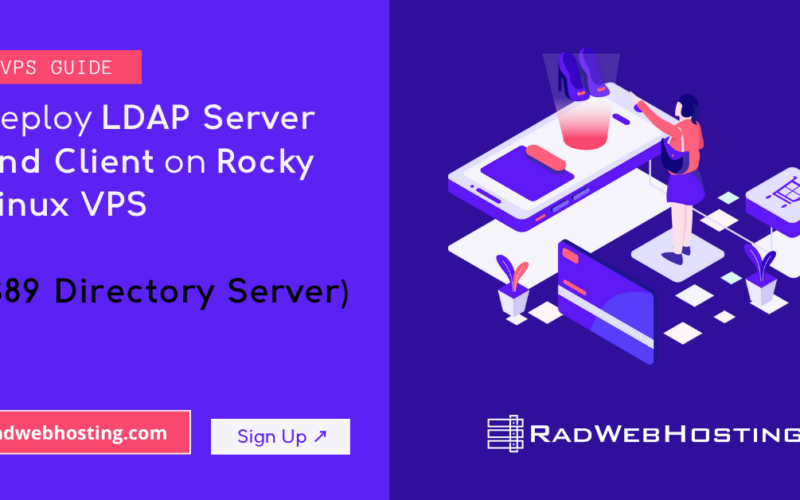
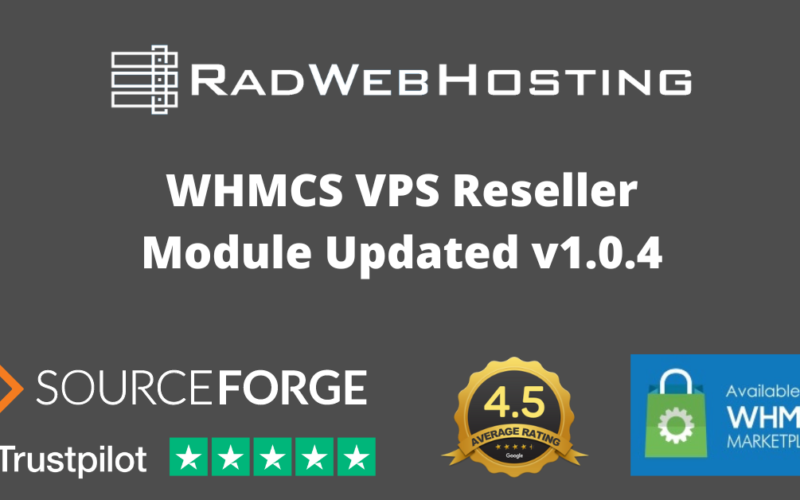
![Top 5 Best Free Vps Control Panel Alternatives Ranked For [Year] Image 4 Top 5 best free vps control panel alternatives ranked](https://blog.radwebhosting.com/wp-content/uploads/2023/12/top-5-best-free-vps-control-panel-alternatives-ranked-1200x628-1-800x500.png)
